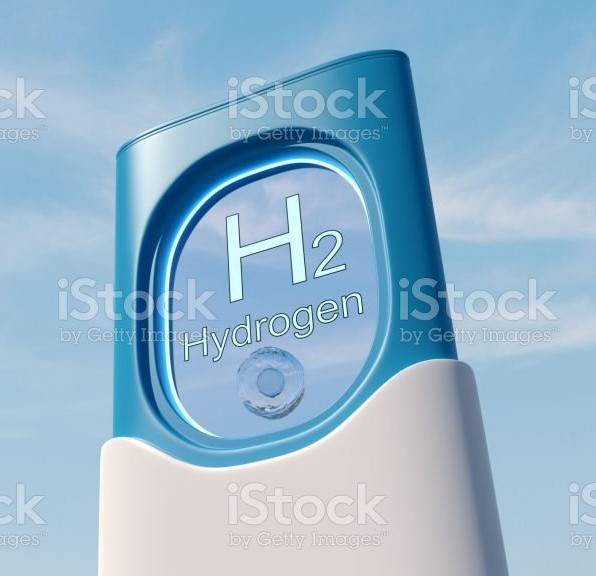Sustainable aviation fuel, also known as biojet fuel or renewable jet fuel, is a type of aviation fuel produced from sustainable and renewable sources. SAF is designed to be a drop-in replacement for conventional jet fuel, compatible with existing aircraft engines and infrastructure. It is typically derived from feedstocks such as biomass, waste oils, algae, or synthetic pathways that capture and utilize carbon emissions.
Production Methods for Sustainable Aviation Fuel:
Bio-based Feedstocks: SAF can be produced from various bio-based feedstocks, including plant oils, agricultural residues, and waste fats. These feedstocks undergo a process called hydroprocessing or esterification, which converts them into a liquid fuel suitable for use in aircraft.
Fischer-Tropsch Synthesis: Another method involves the Fischer-Tropsch synthesis, where renewable hydrogen and captured carbon dioxide are used as feedstocks to produce synthetic hydrocarbon fuels. This process enables the production of SAF with lower lifecycle greenhouse gas emissions.
Algae-based Production: Algae are a promising feedstock for SAF production. Algae can be grown in ponds or bioreactors and converted into bio-oil, which can then be refined into sustainable aviation fuel.
Benefits of Sustainable Aviation Fuel:
Greenhouse Gas Emissions Reduction: SAF significantly reduces the carbon footprint of aviation compared to conventional jet fuel. It can achieve up to 80% or more greenhouse gas emissions reduction on a lifecycle basis. By using SAF, the aviation industry can make substantial progress in achieving its emissions reduction goals and contribute to global climate change mitigation efforts.
Improved Air Quality: SAF combustion results in lower emissions of pollutants such as sulfur oxides (SOx), nitrogen oxides (NOx), and particulate matter. Using SAF helps improve air quality around airports and in communities near flight paths, leading to healthier environments and reduced negative health impacts.
Compatibility and Safety: SAF is designed to be a drop-in replacement for conventional jet fuel, requiring no modifications to aircraft or infrastructure. It can be seamlessly blended with conventional fuel and used in existing engines, ensuring compatibility and safety standards.
Economic Opportunities: The production and adoption of sustainable aviation fuel create economic opportunities and stimulate the growth of a sustainable aviation industry. It encourages investment in renewable feedstock cultivation, fuel production facilities, and related technologies, leading to job creation and economic development.




© 2025 Avina Inc. All Rights Reserved.





